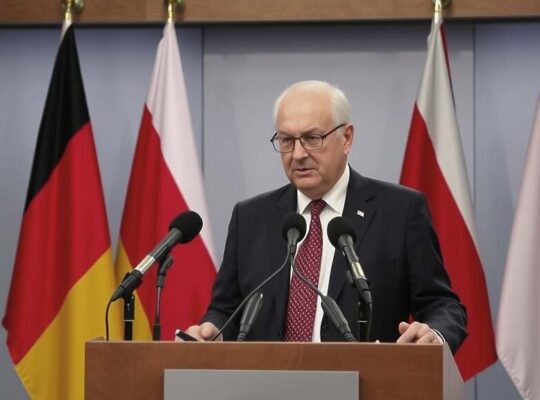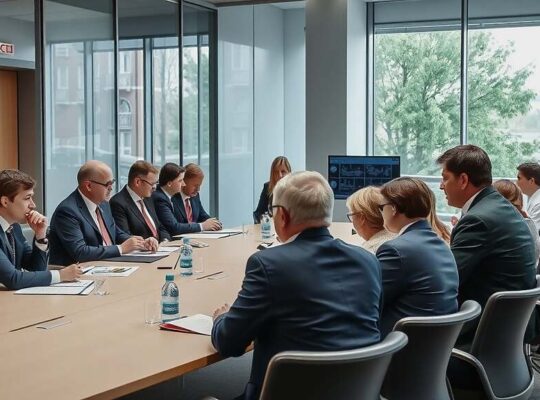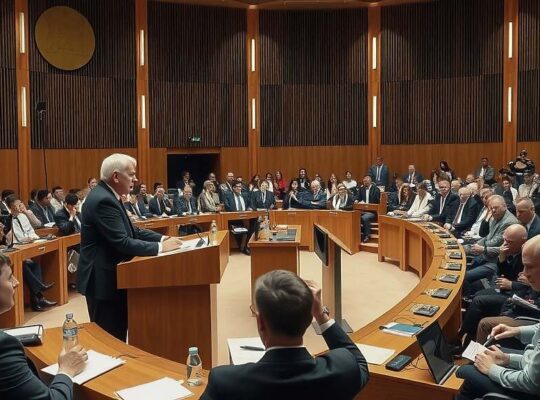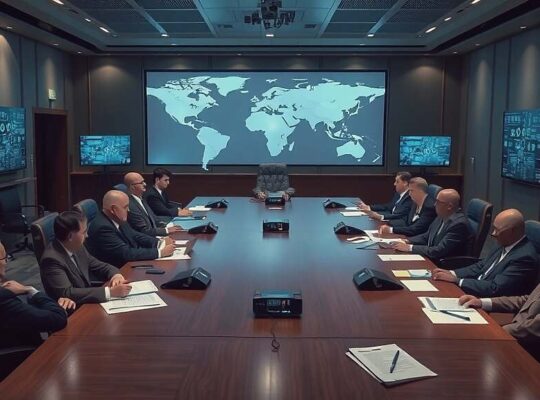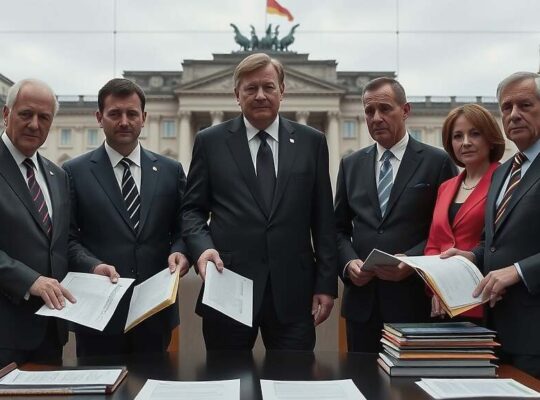During a visit to the Federal Intelligence Service (BND), Chancellor Friedrich Merz (CDU) delivered a stark assessment of the current security landscape. According to a prepared text released on Thursday, Merz stated that the security policy situation is as serious as it has rarely been in the history of the Federal Republic.
The Chancellor emphasized that Germany is currently facing daily hybrid attacks targeting its infrastructure, including acts of sabotage, espionage and disinformation campaigns. He noted that Germany has regained “system rivals and adversaries – and they are becoming increasingly aggressive”. Therefore, he considered it the most important task of the current government to create “new foundations for a secure and sovereign Germany.
This requires a paradigm shift in foreign and security policy, Merz explained. Proposed measures include the establishment of a National Security Council and an exception to Germany’s debt brake specifically for defense and security spending. The Chancellor confirmed that these resources will be utilized to improve the equipment of intelligence services and facilitate the long-overdue revision of intelligence service laws.
These measures, he argued, will allow for a more targeted exploitation of the BND’s potential in the coming years, particularly given the current “climate of great uncertainty”. He stressed the importance of the knowledge advantage only a well-equipped civil, military and technical foreign intelligence service can reliably provide. The Chancellor affirmed the aim to ensure that the BND operates at the highest intelligence level.
The occasion for the speech was the change in leadership at the head of Germany’s foreign intelligence agency. Bruno Kahl, who served as BND president since 2016, will become Germany’s ambassador to the Vatican. His successor, Martin Jäger, brings extensive experience in crisis regions, having most recently served as ambassador to Kyiv and previously held positions in Afghanistan and Iraq.



